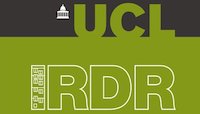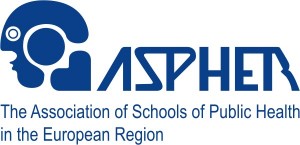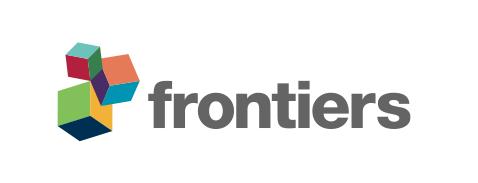During the last three years information systems in Europe have shown an increase of cases related to certain diseases considered under control due to vaccination. In April 2017 ECDC reported 9 fatalities by measles and rubella outbreaks. More than 1500 cases of measles in 14 countries were reported in January and February (one of the worst outbreaks in recent years). In the first semester of 2018 in Europe 41 thousand more new cases were registered (17.073 more than in 2017). In Portugal during the first 4 months (2017) there were more cases of measles than during the last 10 years, and in 2018 new cases registered indicated a 5 times increase (162 cases), when compared with the previous year (2017). In Germany, 18% less vaccines were sold (significant drop between 2015 and 2016).
It is essential to understand how health literacy is shaping social representations built around the anti-vax movement and the role of the media in their building process (e.g. Facebook /study case Portuguese community). We conducted a content analysis of Facebook pages related to ‘vaccines’ in Portuguese show that the first 2 hits are anti-vax pages with more than 4k likes while the first pro-vax Facebook page (from a nurse) has only one like. In the fourth rank with 43 likes, comes the first institutional Facebook pro-vax page. When considering health literacy of those involved in the dissemination of these messages, a clear mandate to public health stakeholders to become more engaged emerges as an urgent need. Public health is not visible on the web with the same intensity as anti-vax movements. A public health strategy should be based in a pro-active approach instead of being reactive to negative opinions about vaccinations.










